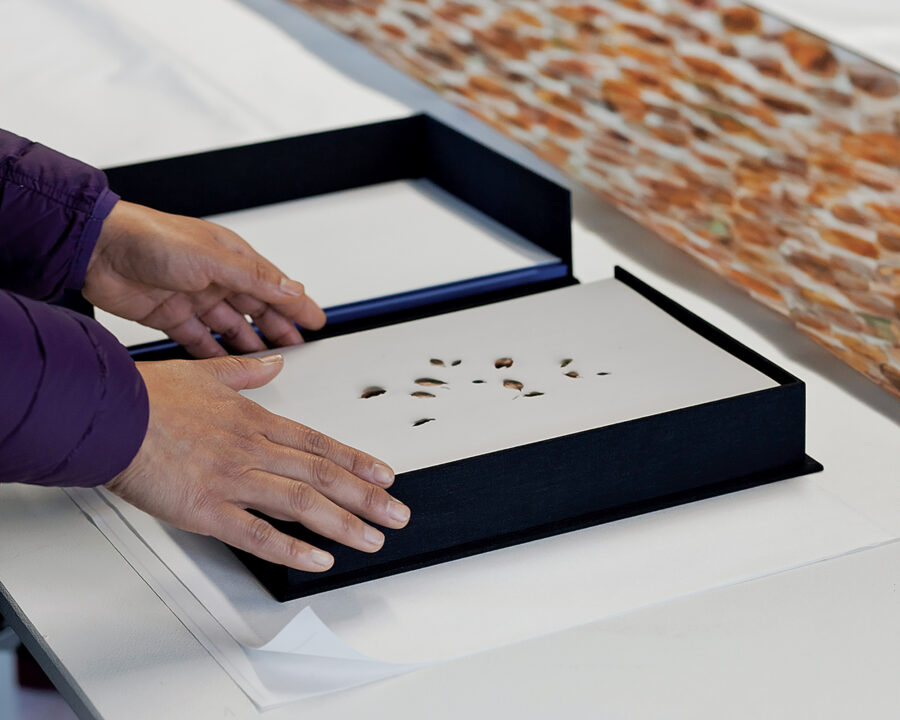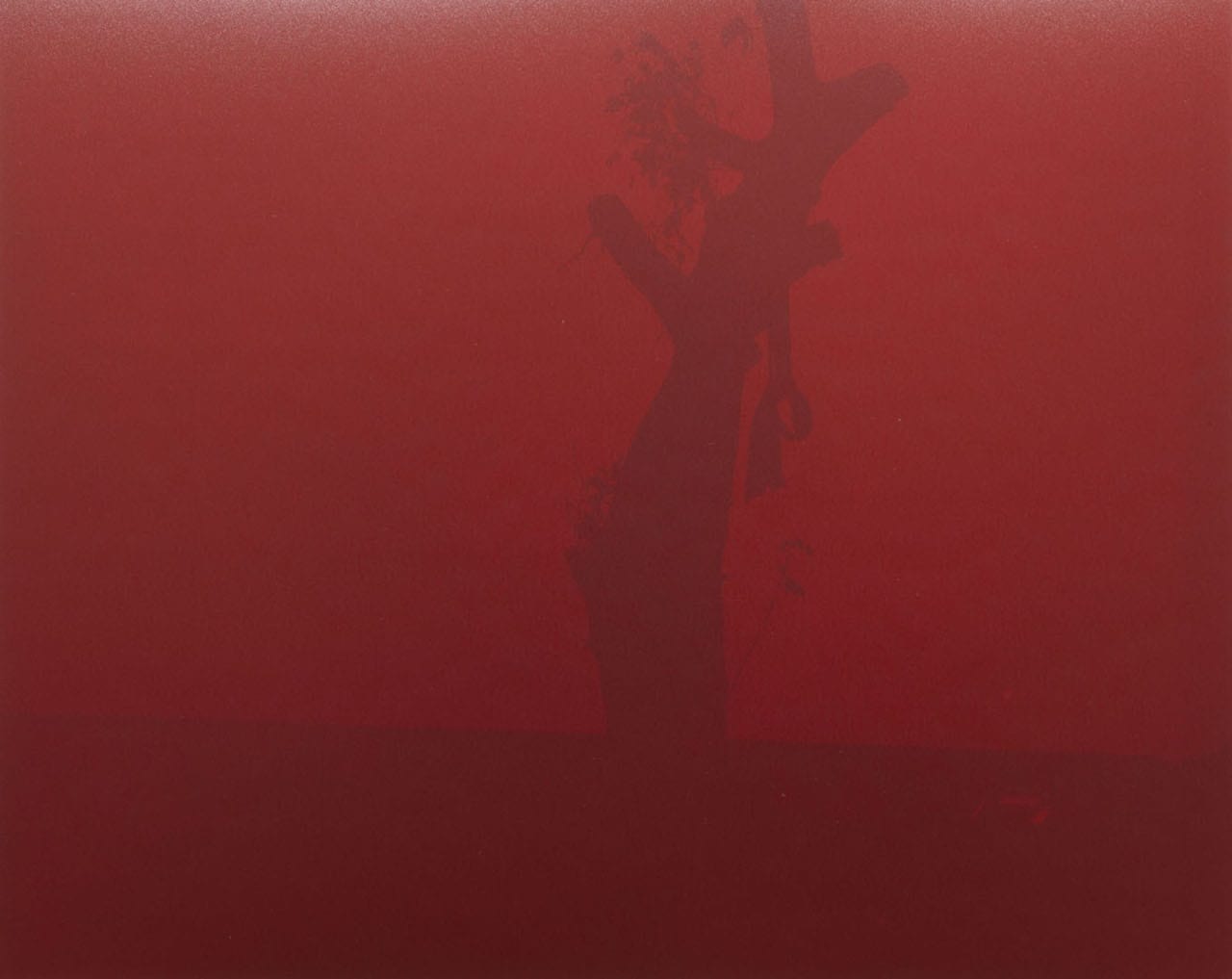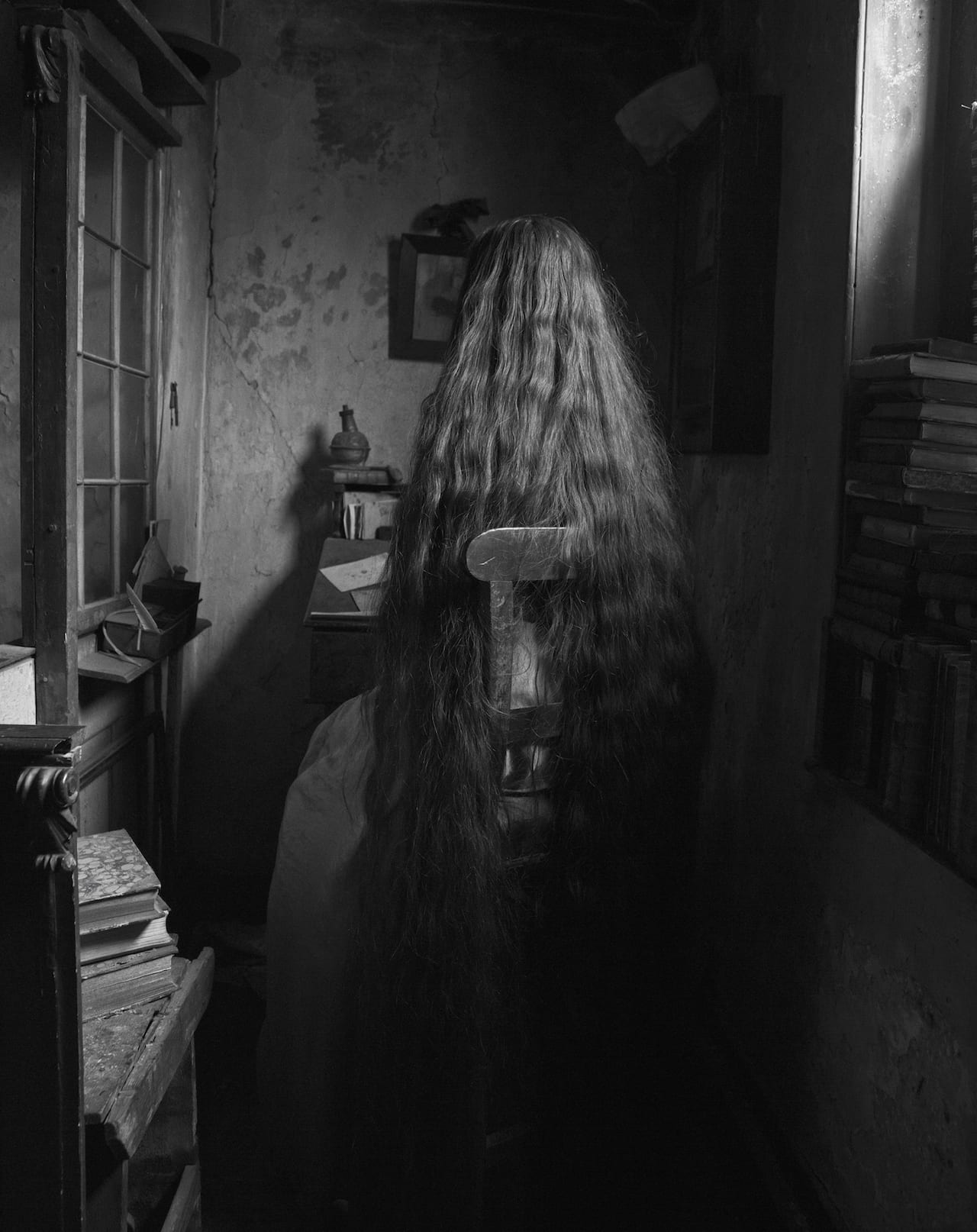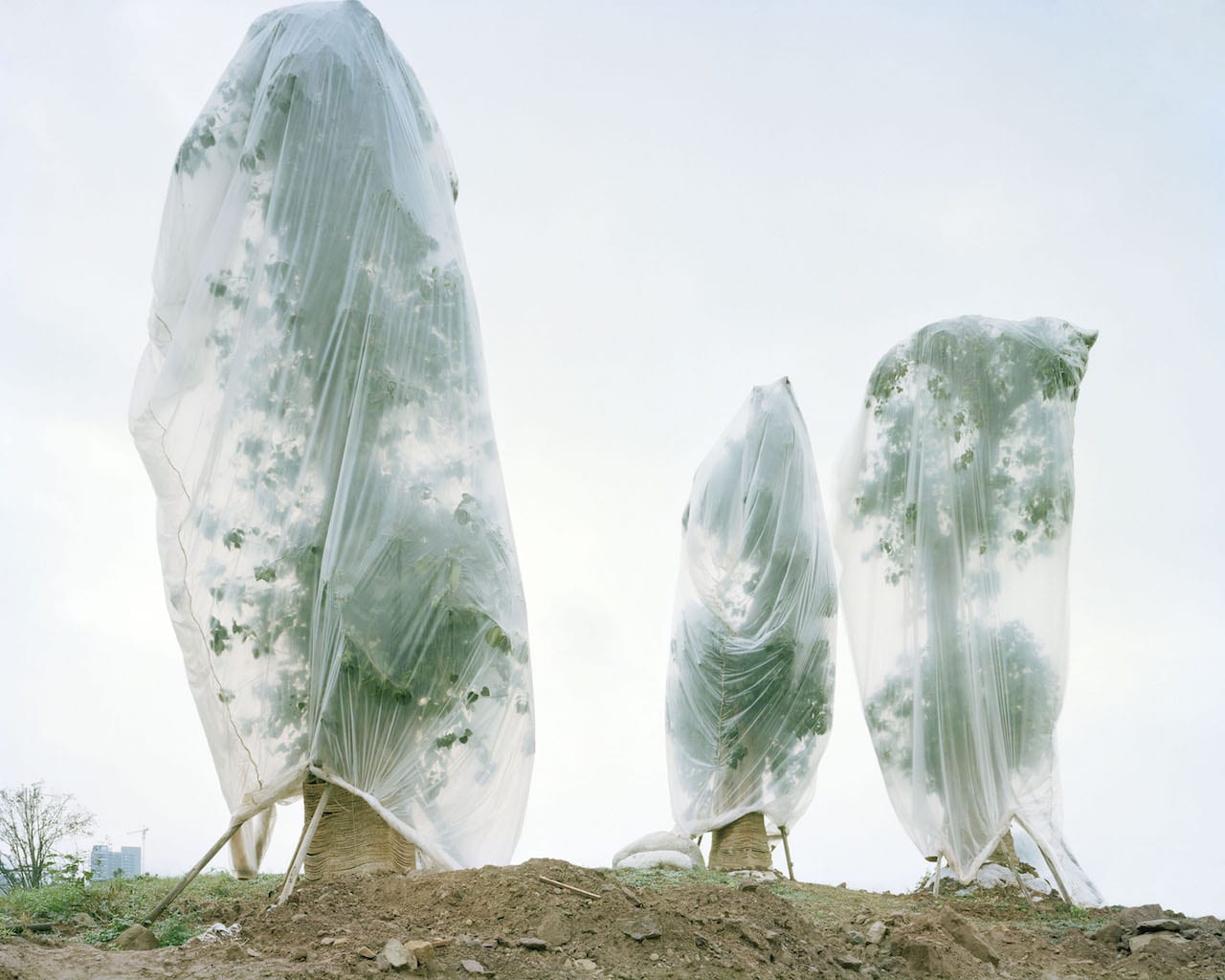Inside a converted tractor shed with a tin roof, overlooking the moors of West Yorkshire, Yan Wang Preston connects to nature and embraces her roots


Inside a converted tractor shed with a tin roof, overlooking the moors of West Yorkshire, Yan Wang Preston connects to nature and embraces her roots

A new exhibition considers the materiality of the photographic image and how it affects our understanding of the world

What do Sophie Calle, Rineke Dijkstra, Susan Meiselas, and Hannah Starkey all have in common? They’re all on the list of 100 contemporary women photographers picked out by the UK’s Royal Photographic Society, after an open call for nominations. Over 1300 photographers were recommended to the organisation by the general public, which was slimmed down by a judging panel headed up by photographer Rut Blees Luxemburg.
The final list includes well-known names but also less recognised image-makers such as Native American artist Wendy Red Star, Moscow-based photographer Oksana Yushko, and Paola Paredes from Ecuador. Each Heroine will be awarded a Margaret Harper medal, named after the first female president of The Royal Photographic Society, and the first female professor of photography in the UK. An exhibition and accompanying publication will follow, all part of a bid to highlight women working in what is still a male-dominated industry.
“Although it was a truly challenging exercise having to consider 1300 women, being a part of the jury for Hundred Heroines was ultimately an incredibly stimulating and inspirational process,” says Luxemburg. “This final list reflects both the global expanse of female practice and the intergenerational input into contemporary photography. It reflects the wide range of methodologies, practices and diverse approaches of women working with the photographic medium. This is a moment of change and this list of heroines pays heed to it.”

In Chongqing, the largest city in southwest China, city officials have been planting trees for over a decade, aiming to create a “forest city”. But after investigating the origins of these trees, photographer Yan Wang Preston uncovered a troubling process. “The whole concept of trying to be green is being abused,” she says.
By way of example, she tells the story of Frank – a 300 year-old tree that’s a central character in her new book, Forest. When Preston first encountered Frank in 2013, he was being forcefully removed from a small village that was soon to be flooded by one of the Yangtze River dams. Frank was sold to the owners of a five-star hotel in a nearby county for 250,000 RMB, approximately £30,000. When asked whether the tree would survive, one of the guards replied with pride, reassuring Preston that they were all experts at transplanting trees.
But when she returned in 2017, Frank had been dead for over two years – and so had the tree that had followed it. “The older the trees are, they more likely they will die, because it’s hard for them to adapt to a new environment,” says Preston. “I’m interested in the complicity of this whole thing. For the tree, it’s very sad to be relocated. But then, the ultimate motivation is to be closer to nature”.

“Where are ‘we’ going as a collective society?” That’s the question posed by this year’s…